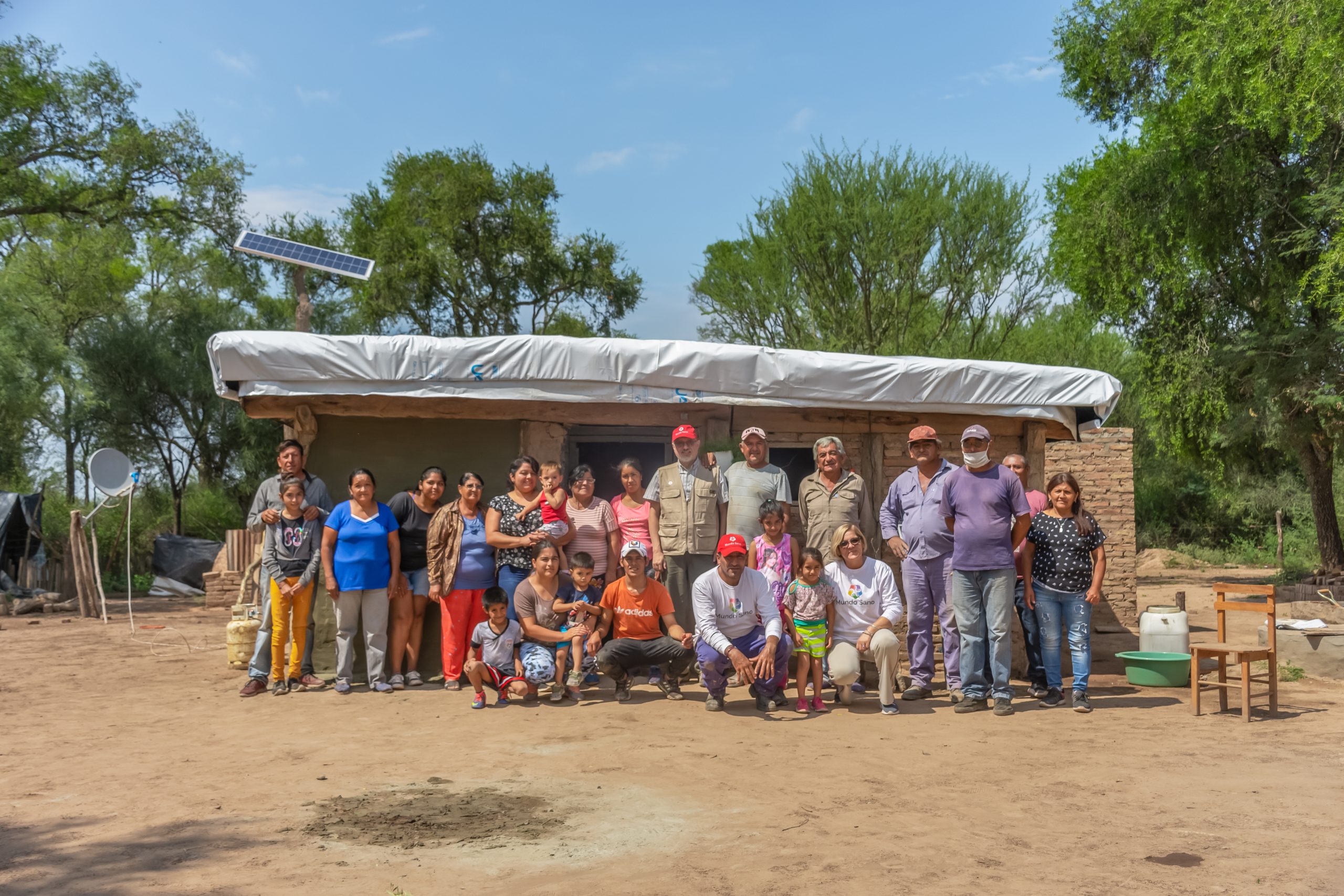Bogotá, April 17 (EFE).- At a time still marked by the COVID-19 pandemic, Ibero-America also directs its efforts towards a regional burden: Chagas, a disease endemic to Latin America that has attracted global attention due to its gradual expansion to different areas of the United States, Europe, Canada, Japan and Australia.
The fight against mother-to-child transmission of this disease is one of the four new axes of regional cooperation agreed upon during the preparatory meetings for the XXVII Ibero-American Summit of Heads of State and Government that will be held in Andorra this Wednesday.
Marcelo Abril, executive director of Mundo Sano, an Argentine foundation that participated in the rounds of discussion about the initiative with authorities of the countries and representatives of the Ibero-American General Secretariat (Segib), explained that the pillar of that strategy will be that of “building a future without Chagas disease”.
According to experts, Chagas disease is caused by the parasite Trypanosoma cruzi, and can be cured if treatment is started shortly after infection.
However, in the chronic stage, the disease can cause heart complications or digestive or neurological alterations, or both, and may lead to sudden death over time; therefore, disease prevention has become a priority.
NOT A SINGLE BABY WITH CHAGAS DISEASE
According to the Pan American Health Organization (PAHO), Chagas disease, of rural origin but with an increasing urban presence, is transmitted by a vector in 80% of the cases (through the faeces or urine of several types of bugs), but also through blood transfusions, contaminated food, and from mother to child.
Nevertheless, congenital transmission is the route that has shown the greatest increase in the last years.
“Since the 1960s, the importance of vector transmission has been gradually reduced, and mother-to-child transmission has become the most important issue. And its impact is growing; since it does not depend on vectors, the disease is present not only in the endemic countries but also in those countries receiving Latin American migrant populations”, said Abril.
The program “Not a single baby with Chagas: the path towards new generations free of Chagas disease” will be focused precisely on reducing vertical transmission of this tropical parasitic disease. In Latin America, 1.12 million women of childbearing age are estimated to be infected, and between 8,000 and 15,000 infected babies are born each year.
The goal is that all the babies born with Chagas disease and women of childbearing age have access to early diagnosis and treatment with the aim of preventing mother-to-child transmission and reducing the consequences in infected people.
A DISEASE THAT IS NO LONGER EXCLUSIVE
Data from the World Health Organization (WHO) indicate that Chagas disease is endemic in 21 countries of the Americas and affects approximately 6 million people.
Moreover, 30,000 new cases and 12,000 deaths are recorded annually in the continent, whereas other 70 million people are at risk of becoming infected.
Due to migratory phenomena, many of the infected people are now in urban areas and the disease is increasingly detected in the United States, Canada, Japan, Australia, and European countries, especially Spain.
For this reason, Roberto Salvatella, PAHO advisor for Chagas disease, considers that this pathology should already be considered at the “global level”, improving diagnosis and prevention of transmission in countries like Spain, United States, Japan or Australia, among others that receive Latin American immigrants.
Abril mentioned that in Spain there are between 60,000 and 100,000 people infected with Chagas disease, mainly from the Bolivian community, which makes it the country “with the highest number of infected people outside the endemic countries”.
“Spain is a very particular country, with a well-developed health service, with a better attention of affected patients. In many cases, they are first-generation immigrants that were infected when first arrived in the country; however, over time, there are second and third generations that were born with Chagas disease due to mother-to-child transmission”, he added.
ADVANCES IN PREVENTION, LACK OF DIAGNOSIS AND TREATMENT
It is estimated that 7 out of 10 people with Chagas disease are unaware of their condition due to the absence of clinical symptoms, and only 1% receive proper treatment.
“Only 1% of infected people are treated due to the silent presence of clinical symptoms or an ambiguous symptom expression”, explains Salvatella, and stresses that “considerable progress has been made in prevention and control, but not in diagnosis and treatment”.
Efforts have been redoubled in almost all countries, and last Wednesday, coinciding with the World Chagas Disease Day, the UN also announced an initiative to improve access to affordable diagnosis and treatment, and health care in Brazil, Bolivia, Colombia, and Paraguay. EFE
